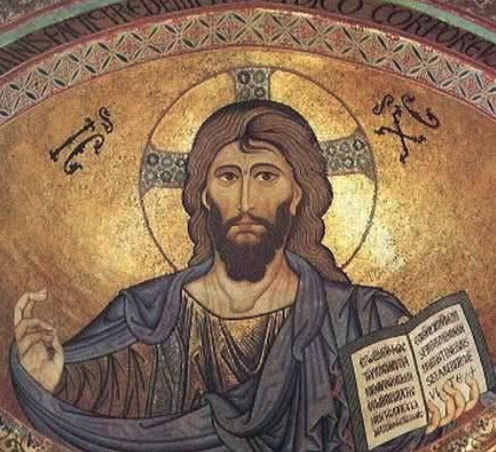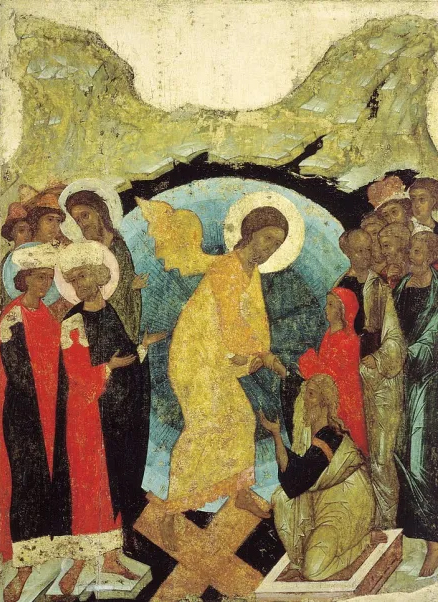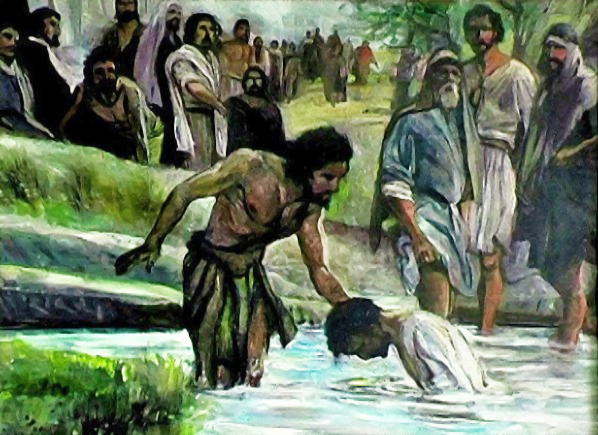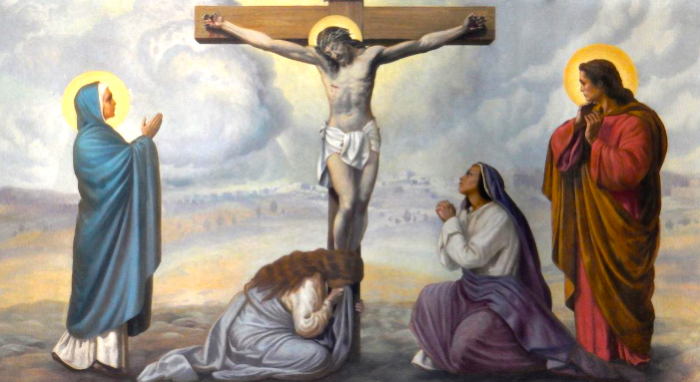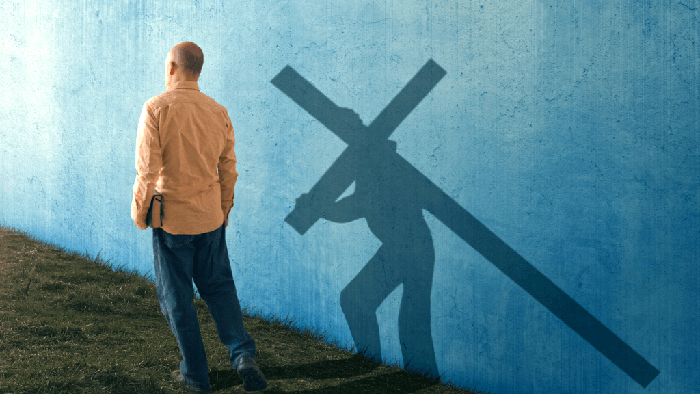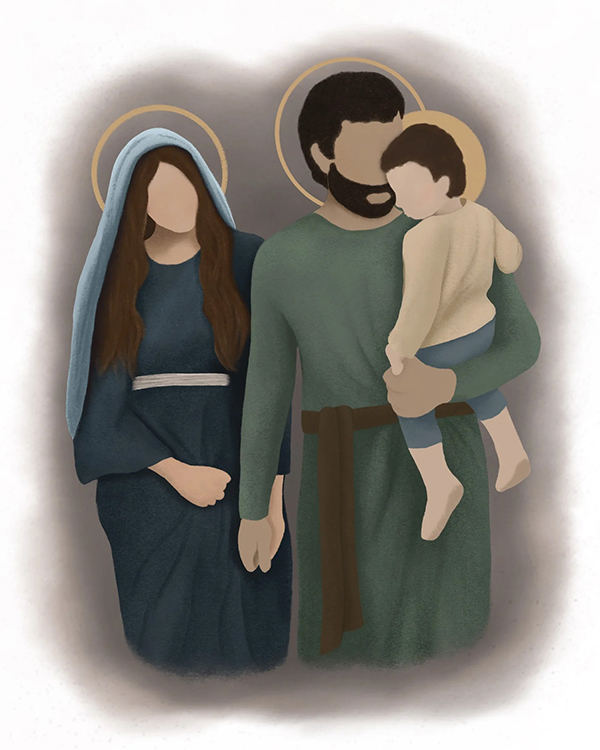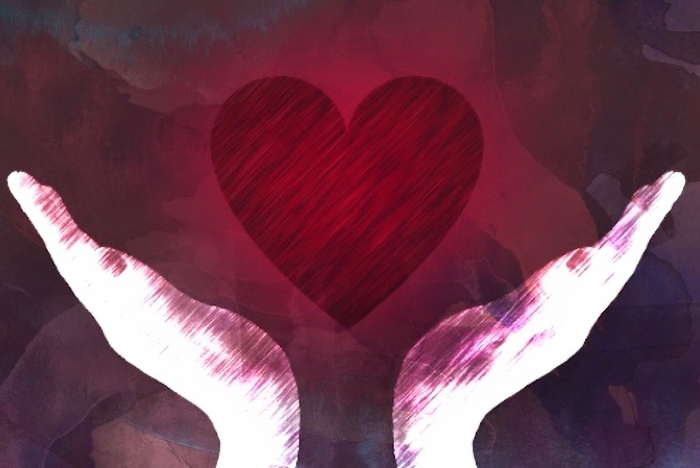A friend of mine, in his early forties, is the kind of person you want as a friend. Honest, gracious, generous to a fault, kind-hearted, full of humour, he brings colour and character into a room. But, although he’s loved by many people inside the church, he struggles with the church. Partly it’s indifference, partly it’s lack of faith, partly it’s because of how he perceives the church’s teaching on sex, and partly it’s because he grew up inside a generation that, for whatever reason, was neverproperly initiated into the church. Whatever the reasons, he rarely goes to church and feels himself an outsider to its life.
Until recently he didn’t think much about this. He was young and life was full of opportunities, friends, and things to experience and enjoy. Church and religion didn’t seem important to him. But now that he’s seen enough of life to recognize some its empty crevices and its incapacity to deliver the happiness he’d hoped for, he’s more humble and even a bit sad about his weak relationship to faith and the church.
When we talked about religion recently he simply said: “I’m not sure what I really believe, but, that’s me, that’s where I’m at.” Then, with a note of sadness, he added: “I guess if there’s a heaven, I won’t be part of it.”
As Christians, we believe that God took on flesh in Jesus, but we also believe that this was not just a one-shot, 33-year incursion, of God into human history. The mystery of the incarnation goes on. God is still taking on real flesh inside of us, the community of believers.
Scripture says: “We ARE the Body of Christ on earth.” We’re not a replacement for Jesus’ body, not a representation of it, or even his mystical body. We ARE his body and, as such, are meant to do all the things he did, including the forgiveness of sins and the binding of each other, through love, to the family of God. Jesus himself gave us this power: “Whose sins you shall forgive, they are forgiven. … Whatever you bind on earth will be bound in heaven; whatever you loose on earth will be loosed in heaven.”
Those statements, among others, have immense, almost unimaginable, implications. As a family of faith, we continue to give physical flesh to God on earth and so, like Jesus, have the power to forgive and to link anyone who is sincere to the family of God.
Stated in reverse, if, as members of the Body of Christ, we love someone, that person cannot go to hell unless he or she positively rejects our love and our efforts to connect him or her to the family of God. He or she must, of course, at some point, still make a personal choice to belong, but as long as our love is there, that person is solidly connected to the Body of Christ.
Love understands, forgives, and holds others in union in ways that take into account weakness, hurt, complexity, absence, and even sin. A loving mother knows that the family still includes a given child, even if that person is struggling in ways that don’t allow for him or her to be home and at the family table on a given night. Love binds, looses, forgives, and holds others in union even within the painful contingencies of immaturity, absence, anger, infidelity, and sin.
Every time I write about this, I’m flooded with letters, mostly from people who find it incredulous. Some object because, as they put it: “Only Christ can do this!” Point well taken, but, as scripture says: “We are the body of Christ.” Christ is doing this. More commonly the doubt expresses itself this way: “I’d like to believe this, but, if it’s true, it’s too good to be true!” But that’s simply a description of the incarnation! [Excerpt from Ron Rolheiser’s “Keeping Our Loved Ones Connected To The Body Of Christ” August 2005]
